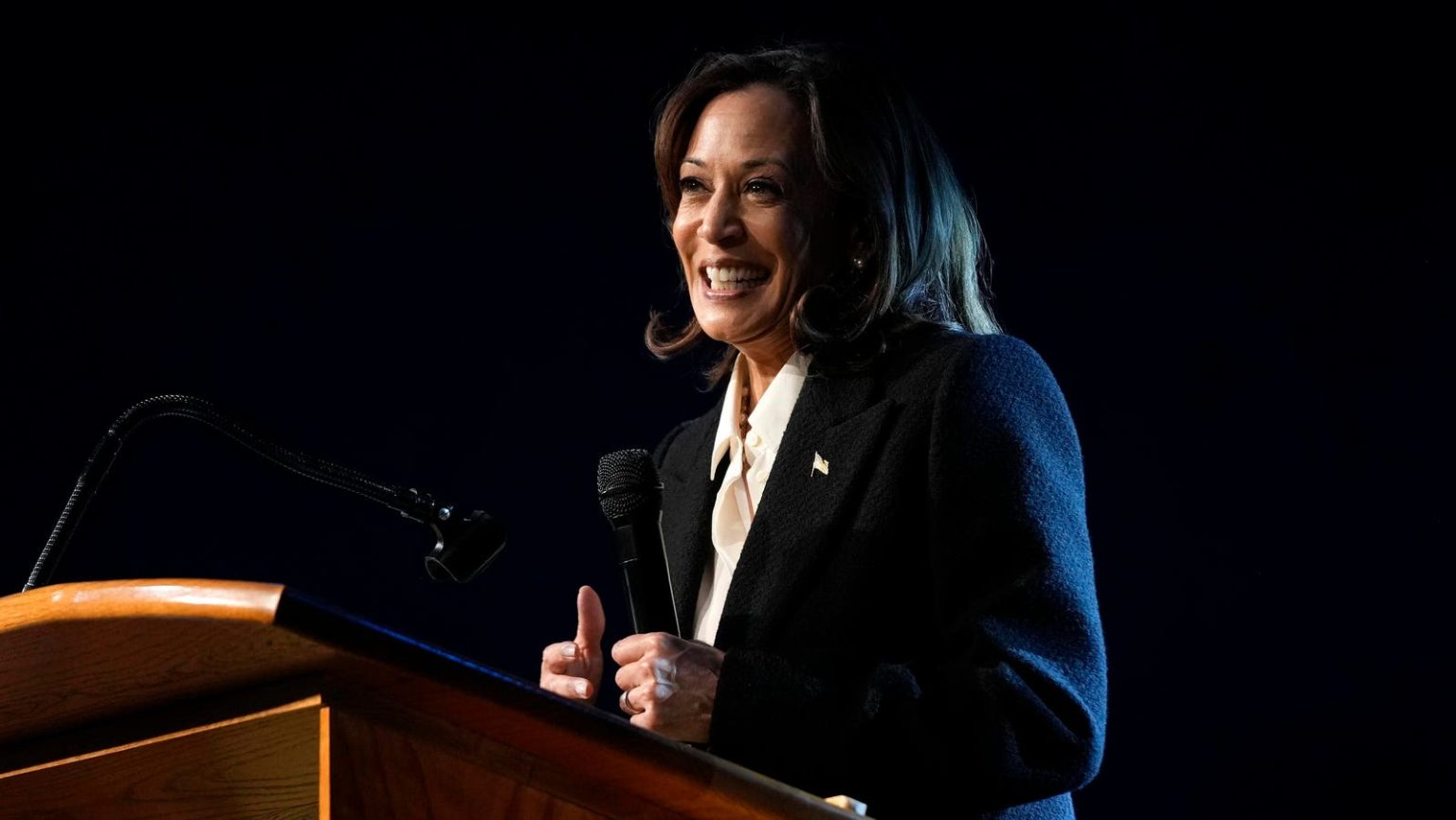Vice President Kamala Harris recently unveiled a series of economic proposals specifically aimed at Black men, as part of her broader economic plans focused on the middle class and addressing various economic issues. These proposals include providing forgivable loans to Black entrepreneurs, creating regulations for cryptocurrency, and investing in educational and employment opportunities for Black men. Additionally, Harris plans to offer tax credits for small businesses and address issues such as grocery prices, housing costs, and prescription drug prices.
Harris is also advocating for measures to assist first-time homebuyers, expand tax credits for affordable housing, and provide tax breaks for developers who build starter homes. She is proposing a federal ban on price gouging in the grocery industry and measures to tackle high rental prices. Harris also supports a $6,000 tax credit for newborns and aims to restore tax credits for middle and lower-class families. She plans to expand the Earned Income Tax Credit and has pledged not to raise taxes on households earning $400,000 or less annually.
The Vice President’s economic agenda also includes proposals to cap out-of-pocket expenses on prescription drugs, negotiate drug prices through Medicare, and cancel medical debt. She intends to expand subsidies for Affordable Care Act plans and is supportive of paid leave legislation. Harris has called for an increase in the minimum wage and has vowed to maintain the independence of the Federal Reserve. Regarding taxes on tips, Harris supports eliminating them for service workers, with some restrictions to prevent abuse of the policy.
While there is a focus on aligning with President Biden’s economic platform, Harris is also emphasizing issues that are personally important to her, such as the child tax credit. Her proposed policies are more aggressive than Biden’s in some areas, particularly in addressing price gouging and housing shortages. Harris has expressed confidence in Congress’s willingness to pass her economic agenda, despite concerns about the federal deficit. Estimates suggest her plan could increase the deficit by $3.5 trillion through 2035, a figure lower than Trump’s economic plans.
Polls have indicated increasing trust in Harris to handle economic issues, with voters warming up to her stance on the economy. While she faces criticism for the vagueness of some of her proposals, Harris is positioning herself as a champion for the middle class and a defender of free and fair markets. Her economic agenda contrasts with Trump’s focus on tariffs, tax cuts, and energy production, with Harris opposing certain aspects of his economic plans. As the presumptive Democratic nominee, Harris continues to refine her economic platform and prioritize addressing key economic challenges facing the nation.













